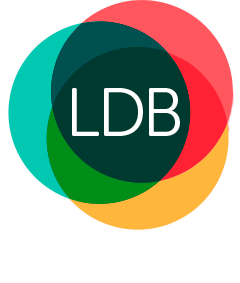The great wealth transfer: tackling complex tax and inheritance issues
November 29, 2023

The great wealth transfer
You may have heard of the impending ‘great wealth transfer’ where it is estimated about $3.5 trillion in assets will change hands by 2050, predominately through intergenerational wealth by way of inheritances. This all sounds lovely in principal, however, if you are lucky enough to be on the receiving end the practical implications of inheriting large sums of money or assets can often be complex and overwhelming.
Property
Whilst often an emotionally charged decision, there can often be substantial tax benefits when inherited properties which were previously used as the deceased main residence, i.e., the family home, are sold within two years of the deceased death. This can result in the asset sale being exempt from capital gains tax (CGT). However, the story for inherited investment properties can be very different with tax more than likely payable upon disposal.
Shares
In Australia you will not have to pay any tax when you inherit shares, however you may be liable for Capital Gains Tax (CGT) if you sell them. Depending on the specific circumstances, the cost base used to determine any potential tax can be based on the value of the shares when the deceased acquired them (their cost base) or the prevailing cost as at the deceased’s date of death.
Centrelink
Furthermore, it is important to remember that if you are receiving benefits from Centrelink, be it by way of a regular income stream through a Pension/Allowance, or simply through a Health Care Card, broadly speaking you must update Centrelink within 14 days of receiving any assets or income from a deceased estate.
However, given that it can take time for estates to be finalized/wound-up, Centrelink generally won’t assess any assets you may find yourself entitled to until 1) you get the assets, 2) are able to get them, or 3) you benefit from them. Determine what rule applies and when is often a complex matter and you may find your present entitlements being cut-off upon receipt of an inheritance.
Planning opportunities
Firstly, as foreshadowed above the complex taxation of various assets (namely property and shares) presents unique planning opportunities as you often have a choice as to how you wish to receive any assets left to you. For example, you may wish to have any inherited assets sold within the Estate and then receive the cash proceeds rather than inheriting the actual property/shares in an effort to reduce any future tax payable.
Secondly, the way Centrelink treats inherited assets can also present a one-off opportunity to engage with a financial adviser to work through how to potentially replace any lost benefits/income, or even retain any pre-existing benefits through the use superannuation as a vehicle to shield funds received from the Centrelink.
Seek expert advice
As with any major change in your personal circumstances or finances, it can often pay dividends to seek out the guidance of professionals in the field. Here at LDB, we offer a unique ‘family office’ solution with inhouse experts specialising in Superannuation, Wealth Management, Taxation and Property who can work alongside you and your family to achieve the best outcomes (tax and financial) for your unique situation.
To find out more, call us on (03) 9875 2900 or fill out the contact form below.
References
NAB
ATO
SellMyShares
Services Australia
